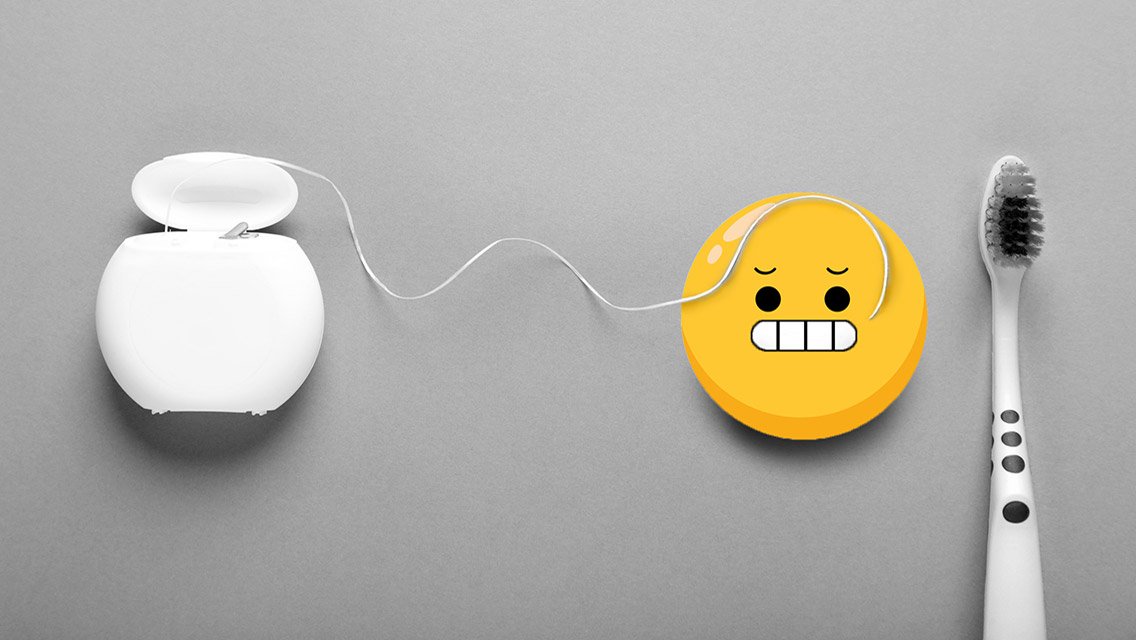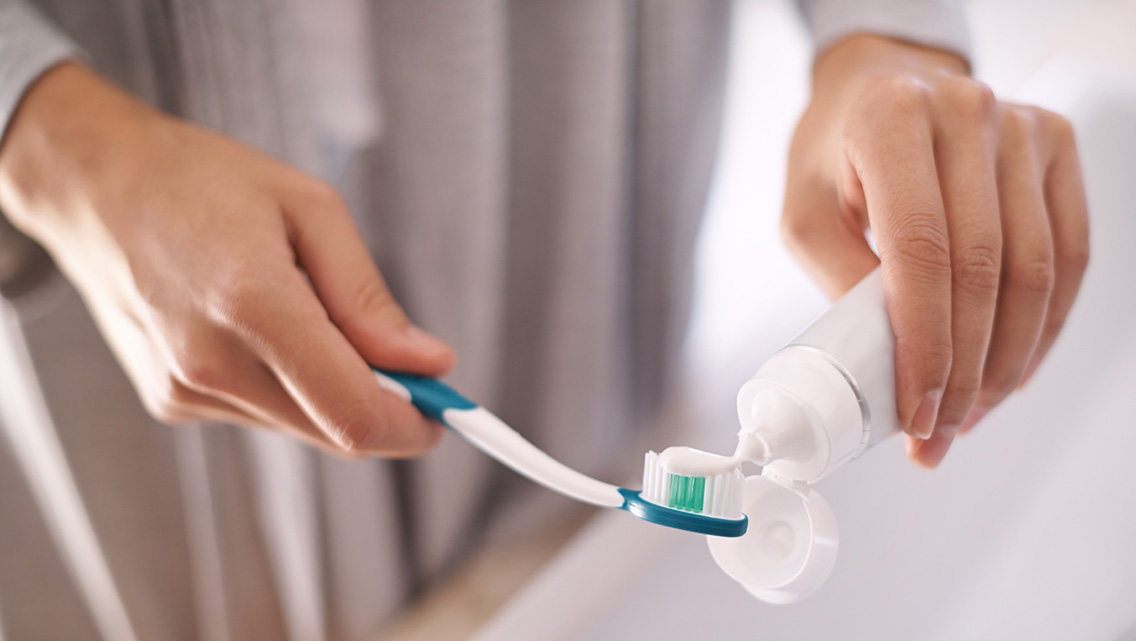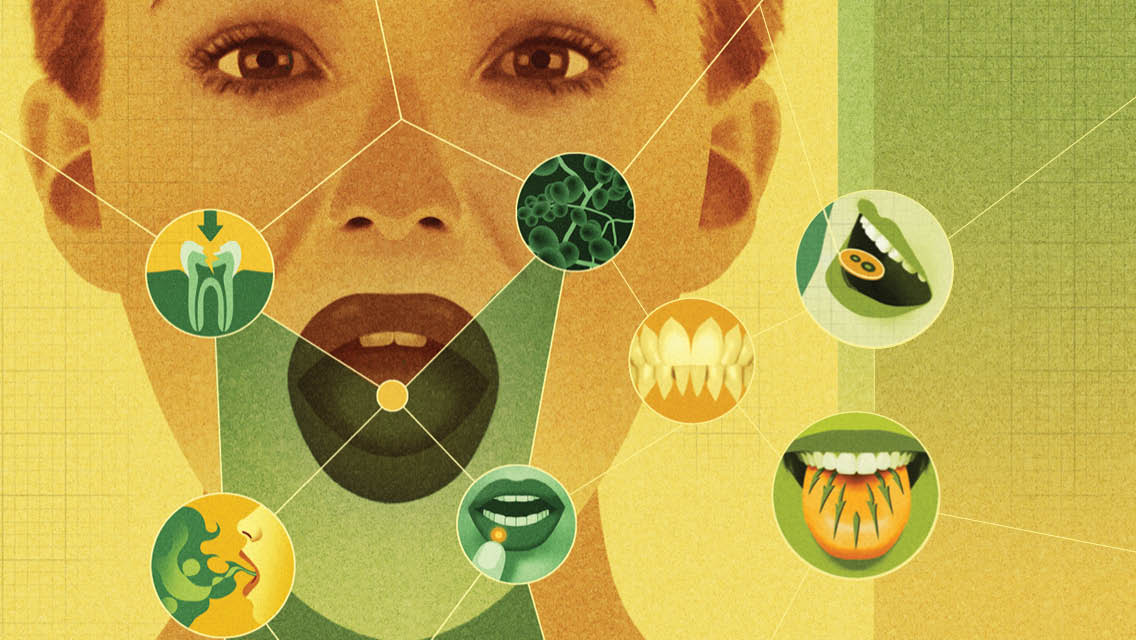There’s something about visiting the dentist that raises my blood pressure and ramps up my anxiety levels. I venture there regularly, nonetheless, as evidence continues to mount linking poor oral healthcare with myriad chronic diseases — especially among seniors. The latest research even suggests an association between troubled teeth and mental health disorders.
I’m not anxious by nature or plagued by any major mental health issues (as far as I know), so I’d like to think my nervousness in the dentist’s chair — or in a doctor’s office — is simply a product of “white-coat syndrome” and not connected to the sort of oral health behaviors Noriko Takeuchi, PhD, and her team at Japan’s Okayama University Hospital highlight in a recent study published in PLOS ONE. Reviewing the dental records and self-reported mental health status of older patients at the university’s dental clinic, the researchers conclude that poor oral health played a key role in the participants’ psychological well-being.
It’s not a direct correlation, Takeuchi notes, but participants who had difficulty chewing and swallowing tended to be both undernourished and less social, leading to depression, anxiety, and other psychological issues. And those conditions, she argues, can lead to unhealthy behaviors, such as smoking and bingeing on sweets — thus leading to more dental troubles, increased mental health challenges, and an ongoing cycle of health problems.
“Maintaining good oral health can help improve nutritional status, which, in turn, can improve subjective psychological well-being.”
“Maintaining good oral health can help improve nutritional status, which, in turn, can improve subjective psychological well-being,” she explains.
The results, however, do not establish a “causal relationship between each factor,” Takeuchi admits. Plus, her team didn’t account for sociodemographic factors, such as participants’ income or overall health. “Therefore, the generalizability of the findings is limited. Further studies with a larger patient population are warranted.”
More intriguing — and perhaps depressing — evidence emerged last month at the 102nd General Session of the International Association for Dental, Oral, and Craniofacial Research. A paper presented by Gracie Groth, a student at the Arizona School of Dentistry and Oral Health, focused on the link between specific oral health behaviors (toothbrushing, flossing, cleanings, etc.) and incidences of anxiety, depression, PTSD, and bipolar disorder.
Groth reviewed the medical and dental records of 854 patients (average age of 54) and found 250 of them reported some mental health disorder. Anxiety was the chief complaint, followed by depression, bipolar disorder, and PTSD. Those patients struggling with such conditions did tend to brush daily, she notes, but they were less likely to floss or use mouthwash regularly, and they generally avoided the dentist as much as possible. Not surprisingly, one in four of these participants reported suffering from “dental anxiety.”
I probably fall into that category, though I doubt it has much to do with the frequency with which I brush and floss. Healthcare practitioners of all stripes simply make me nervous. Maybe it’s the prospect of an uncomfortable procedure that sparks the worry, or maybe it’s more about grasping for some agency in situations beyond my control. Whatever the reason, it’s an ongoing challenge. I’d see a therapist about it, but they really give me the willies.





This Post Has 0 Comments